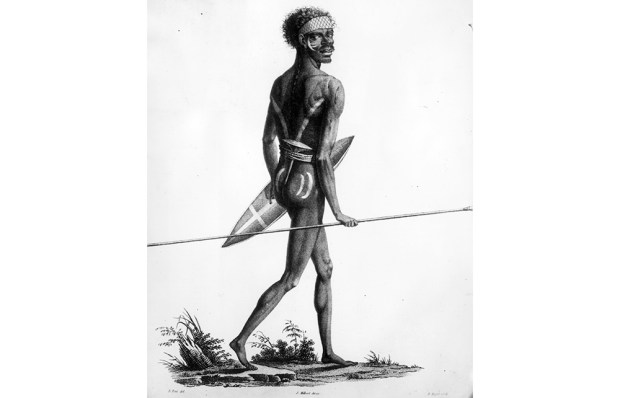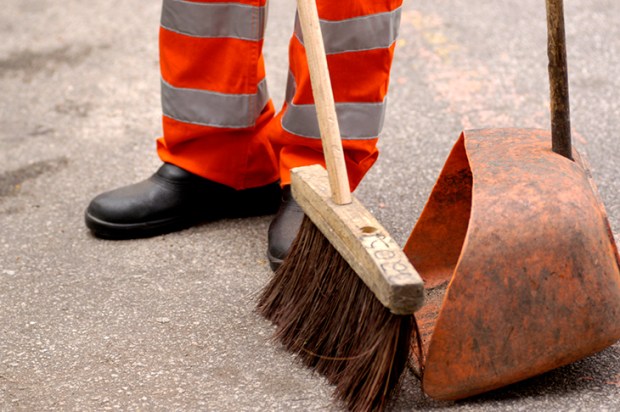For most of China’s 1.4 billion population, 2024 has been the Year of the Dragon, which makes it, according to Confucian legend, a time of renewal and rejuvenation. For a much smaller number of Chinese – the dozen or so Jinping apparatchiks who determine the CCP’s foreign relations – 2024 has also involved two other animals which have nothing to do with legend and everything to do with realpolitik.
At the start of the year, Sino-Australian relations were still at the mercy of the distinctly un-Confucian phenomenon of wolf warrior diplomacy – a compound term which, since it does not admit of anything approaching compromise or reciprocation is at best ironic and at worst oxymoronic. But in the last three or four months there has been a steady softening of attitudes in Beijing towards its tenth-biggest export market.
Some might attribute the decision of the Chinese Foreign Minister to lift certain import bans to the tireless efforts of his Australian counterpart; that Wang was wooed by Wong, if you like. More cynical observers might argue that while the Chinese population would probably survive for quite a long time without access to our shiraz and shellfish, the current downturn in China’s economic growth will not be easily arrested if it cannot continue to supply most of the world’s solar panels and wind turbines; the perpetuation of both which monopolies depends greatly on first dibs access to Australian coal, iron and critical minerals.
Either way, to show that the impertinent curiosity of one Australian prime minister about the provenance of the most destructive pathogen in human history has now been officially forgiven, and to show that the relationship between our two countries is now on a trajectory of renewal and rejuvenation, the wolf which had been prowling the shores of Lake Burley Griffin since the last days of the Morrison administration was at some point quietly tranquilised and driven to Canberra airport. But even before that plane was cleared for take-off, preparations were already being made in another Australian capital for the repatriation of two other Chinese quadrupeds.
As the Southern Hemisphere’s only resident giant pandas, Fu Ni and Wang Wang (no relation) have long been star attractions of Adelaide Zoo, but like all the other giant pandas in all the other zoos in the world (it’s a global pandamic) they are only a loan, and their abject failure to observe China’s one-child policy in the 15 years since their arrival must have been as disappointing for their owners as it has been for their hosts. It was no great surprise, then, when Chinese Premier Li Qiang put the icing on the cake of rapprochement by announcing, during his visit to Adelaide last month, the replacement of Fu Ni and Wang Wang with two equally adorable but hopefully more libidinous younger models. The South Australian government has been suitably appreciative of this gesture, of course, and when the new couple arrive, I have no doubt they will be made to feel very welcome.
But Premier Malinauskas would do well to remember that the China which sent Adelaide Fu Ni and Wang Wang in 2009, like the one which dispatched Wei Wei to Sydney in 1988, was a very different country to the China of today. That those early examples of pandaplomacy were about establishing desperately needed trade relations, not restoring them, and that unlike Xi Jinping, Premier Hu Jintao had no dreams of Pacific expansionism or global hegemony and was more concerned with feeding his own population than subjugating anybody else’s. The very least the SA government should do then, when it takes delivery of its new stars, is to place them in temporary quarantine where they can be subjected to simple surgical procedures which would reveal the presence of microchips or other surveillance technology.
Meanwhile, it would be nice to think that notwithstanding their reproductive shortfall, Fu Ni and Wang Wang would be compensated for their long and loveless exile by being allowed to live out their days in some pristine bamboo forest far from human eyes – like retired racehorses. Unfortunately, the rich China of today is in one critical respect no different to the impoverished China of old. So there’s a good chance that Xi Jinping will celebrate the return of Fu Ni and Wang Wang by hosting a state banquet in which they are the main course.
Got something to add? Join the discussion and comment below.
You might disagree with half of it, but you’ll enjoy reading all of it. Try your first month for free, then just $2 a week for the remainder of your first year.














